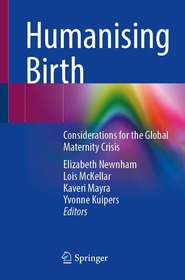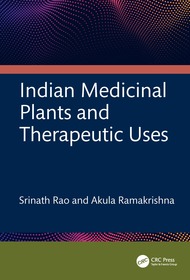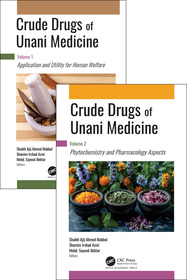
Humanising Birth
Considerations for the Global Maternity Crisis
-
20% KEDVEZMÉNY?
- A kedvezmény csak az 'Értesítés a kedvenc témákról' hírlevelünk címzettjeinek rendeléseire érvényes.
- Kiadói listaár EUR 74.89
-
31 060 Ft (29 581 Ft + 5% áfa)
Az ár azért becsült, mert a rendelés pillanatában nem lehet pontosan tudni, hogy a beérkezéskor milyen lesz a forint árfolyama az adott termék eredeti devizájához képest. Ha a forint romlana, kissé többet, ha javulna, kissé kevesebbet kell majd fizetnie.
- Kedvezmény(ek) 20% (cc. 6 212 Ft off)
- Kedvezményes ár 24 848 Ft (23 665 Ft + 5% áfa)
Iratkozzon fel most és részesüljön kedvezőbb árainkból!
Feliratkozom
31 060 Ft

Beszerezhetőség
Még nem jelent meg, de rendelhető. A megjelenéstől számított néhány héten belül megérkezik.
Why don't you give exact delivery time?
A beszerzés időigényét az eddigi tapasztalatokra alapozva adjuk meg. Azért becsült, mert a terméket külföldről hozzuk be, így a kiadó kiszolgálásának pillanatnyi gyorsaságától is függ. A megadottnál gyorsabb és lassabb szállítás is elképzelhető, de mindent megteszünk, hogy Ön a lehető leghamarabb jusson hozzá a termékhez.
A termék adatai:
- Kiadó Springer Nature Switzerland
- Megjelenés dátuma 2025. december 20.
- Kötetek száma 1 pieces, Book
- ISBN 9783031958267
- Kötéstípus Puhakötés
- Terjedelem229 oldal
- Méret 235x155 mm
- Nyelv angol
- Illusztrációk XXXIII, 229 p. 40 illus., 38 illus. in color. Illustrations, black & white 700
Kategóriák
Hosszú leírás:
This book develops on how, with the birth of every baby, comes the possibility of love, connection, and optimal health and well-being. It shows how the salutogenic pathways that are set up at the start of life are not only for the short term but throughout life, and into the next generation. The start of life is now a well-known point of health intervention as can be seen by many government health policies on the first 1000 days (from conception to age two). There is evidence to show that what occurs during birth and the early postnatal period affects the long-term health of the child. Birth is a significant moment in time not only for the child but also for the mother. There are increasing rates of mental health issues in this population, with maternal suicide being a leading cause of mortality in many high-income countries, and postnatal depression increasing in women/birthing people and partners/fathers, which has a significant impact on the developing family. This is occurring within the backdrop of an environment of increasing reports of disrespect and abuse during childbirth, and the dual issues of inadequate access to maternity care and over medicalisation.
Scaling up midwifery is seen as a vital part of the solution to current maternity crises but there are potential barriers to midwives providing humanised care within current birth settings, including witnessing or being complicit in dehumanising practices, feeling unsupported, or managing unsafe staffing levels. Humanising birth can be seen as a resistance to dehumanising, disrespectful, over-medicalised and industrialised birth practices, which is grounded in the language of human rights and ethics. In this book we provide a solution-focused approach to current complexities, through the idea of humanised birth, first providing a definition and domains, then exploring the idea from an institutional level, through the level of relationships, to the level of the individual. Support for the growth of secure bonds of love, health, and wellbeing, for thriving rather than just surviving, is critical not only to a healthy happy productive life, but also to cohesive, compassionate, creative and productive communities.
TöbbTartalomjegyzék:
Foreword.- Prologue: Where will we be without humanisation?.- 1. Introduction: Humanising birth: past, present and future.- SECTION 1 HUMANISING SYSTEMS.- 2. Overview of humanisation concepts.- 3. Humanizing birth through abolitionist care.- 4. Humanising Institutions.- 5. The boot on our necks.- SECTION 2 HUMANISING RELATIONSHIPS.- 6. Humanising relationships.- 7. Compassion as a cure: humanising midwifery work.- 8. Humanising Obstetrics: An obstetrician inner dialogue.- 9. Relationships in the birth space.- SECTION 3 HUMANISING EXPERIENCE.- 10. The Body as ‘Site’: Design approaches to cultures of care.- 11. Navigating “othering” in Birthing and Maternity Care Experiences: A Care-Ethical view across continents.- 12. Attachment, bonding, transition to motherhood/parenthood: the keys to humanised society.- 13. Designing Humanistic and Salutogenic Birthplaces: A Global Initiative.
Több





